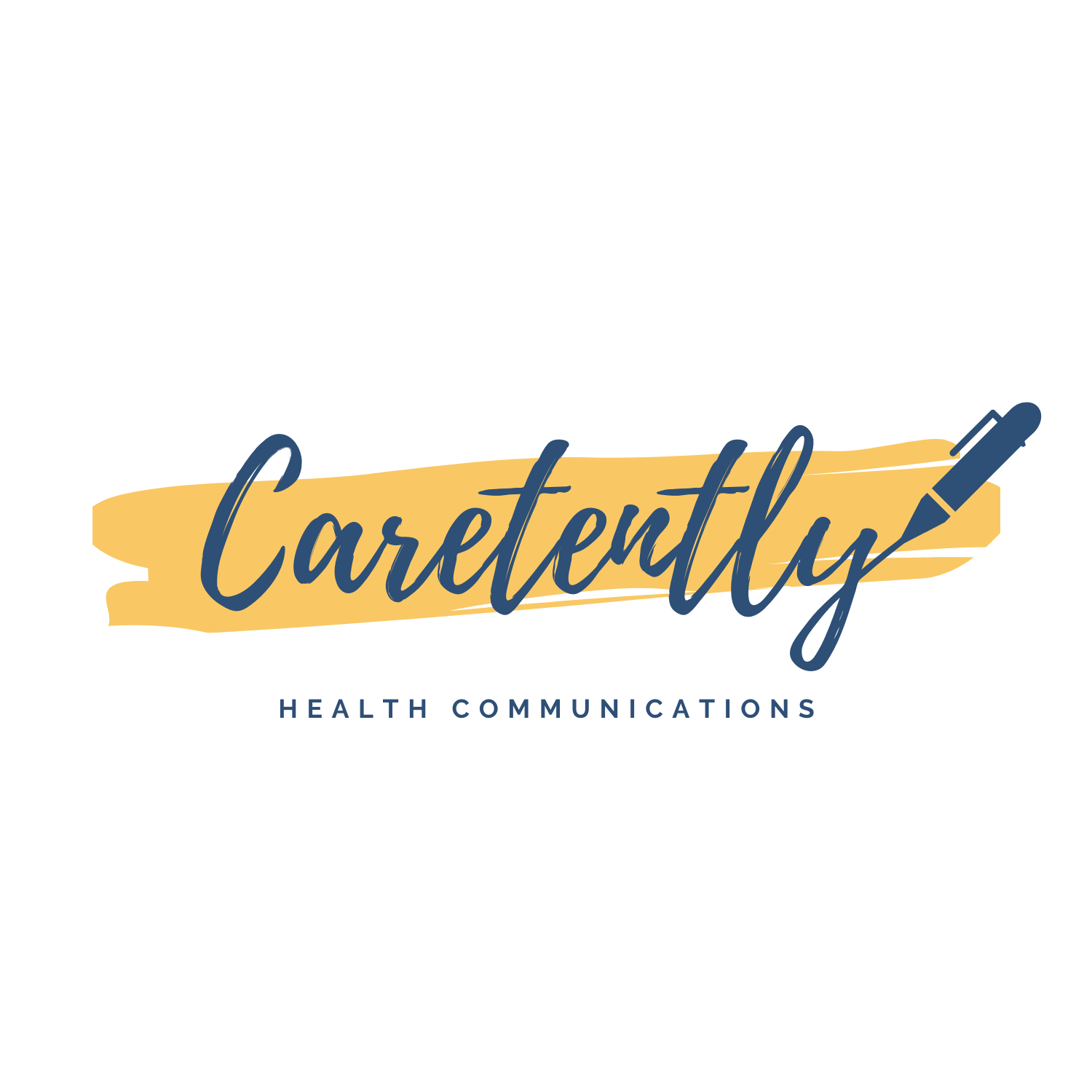For rare disease patients, or those with a friend or family member with a rare disease, the choice to work in the rare disease field is evident. However others, including myself, have no personal link to someone with a rare disease and discover this field via another path. After having worked with the rare disease community for over 10 years, at both Orphanet and VASCERN and now as an independent business owner, I would like to share my top 5 reasons for why I think working in the rare disease field is one of the best choices you can make!
You get to work with passionate and kind people
I think we can all agree that the people you work with can influence the way you feel on a daily basis. If you work with people who are motivated and supportive, the working environment will be a positive one. Now this is only from my personal experience, but I can honestly say that the great majority of people that I have encountered while working in the rare disease field are really GOOD people. They are interested in making a difference in the lives of rare disease patients and have really kind hearts. Their primary motivation isn’t money or accolades. It is more of a desire to serve and give their time and energy to a cause they believe in. They are often willing to go above and beyond their job description if it helps their team reach its goals.
You just need to take one look at the patient advocates who juggle their advocacy work with their job and/or family commitments and/or medical appointments (and of course the physical symptoms of their disease) to see how committed they are to fulfilling their objectives. I could go on, but in short: you will meet some amazing people that will inspire you to be a better person.
You will be intellectually stimulated
Because rare diseases are numerous but individually are rare and relatively unknown, new discoveries are constantly being made and you have the opportunity to gain new knowledge on a daily basis. There are over 6000 rare diseases: that’s a lot of diseases to learn about. Over 70% of them have a genetic origin, and thanks to the advances made in the field of genomics, the causal genetic variants of various rare diseases have been discovered. These discoveries have consequently opened the door to a whole new world of therapeutic options and precision medicine.
The European Reference Networks (ERNs), virtual networks in operation since 2017, have allowed for knowledge and expertise to travel rather than the patient through expert case discussions using a dedicated, secure IT platform called the Clinical Patient Management System (CPMS). You just need to do a quick search of the latest research on a group of rare diseases (if you don’t know where to look, find my 5 sources for reliable rare disease information here) and you will be blown away by the advances made in the past 10 years and the innovative projects currently underway. Whether you are interested in medicine, epidemiology, politics, ethics, or social sciences, all of these topics and more are covered in the field of rare diseases.
You get to work in a challenging environment
If you like challenges, then the rare disease field is definitely a place where you will find plenty. There are challenges in diagnosing rare disease patients, challenges in acquiring funding and finding enough patients for rare disease research, challenges in getting primary care physicians aware of rare diseases and making sure patients reach the best expert centers for their care, challenges in raising money for rare disease patient organizations, challenges when it comes to ensuring that patients in all countries have equal access to treatments, challenges in setting up multinational rare disease registries which are both GDPR compliant and meet legal regulations in all countries …and the list goes on.
You will have to brainstorm and come up with solutions to problems on a daily basis, but you will do so with the help of your collaborators and with a large dose of creativity and determination.
Your work will be impactful
As the general public (and much of the medical community) is unfamiliar with rare diseases, your awareness raising activities will have a direct impact on the lives of rare disease patients. Imagine if you work for an organization that raises awareness for hereditary hemorrhagic telangiectasia (HHT), which is a rare inherited vascular disease that often presents with recurrent nosebleeds but that can lead to life-threatening complications if not diagnosed and managed properly (more information about HHT here). Through your actions, this information may reach someone with a friend who complains of frequent nosebleeds but who is unaware of HHT and its risks. It could lead to someone getting a diagnosis and receiving proper follow-up in order and have a normal life-expectancy.
If you are a healthcare professional your impact is even more obvious. There are very few experts (and many are reaching retirement age) with experience in seeing and treating patients with a specific rare disease. This is why it is so important for young doctors to pick up the torch and commit to being the rare disease experts of tomorrow.
By working in or supporting rare disease research, you could be involved in the discovery of a treatment that could change the lives or patients with that rare disease. By working in a governmental agency or with a non-profit organization you can help drive policy changes that will improve the lives or rare disease patients and society as a whole. These are just a few examples of the impact your contribution can have.
Variety in the work and the people you collaborate with
There is never a dull day when working in the rare disease field. If you work for a non-profit organization you may not have a large team (or many funds!) so you often have to adapt and take on new tasks. If you’re in a coordination team you may need to juggle a variety of activities and learn new skills such as video editing, report writing and event planning, all in the same day. While this may seem stressful, if you have a supportive team this actually allows you to develop new competencies which are great for your resume.
You also get to work with a wide variety of professionals, as there are numerous stakeholders involved in rare disease projects. This may include multidisciplinary teams made up of a variety of healthcare professionals, researchers, patients and patient advocacy groups, pharmaceutical and biotech companies, lawyers and policy makers. Everyone brings their unique expertise to the project and together you can work towards your ultimate goal of improving the lives of rare disease patients.
So whether you are a junior doctor looking for a specialization, a political sciences graduate looking for a project management position, a data scientist, a communications specialist, a clinical research associate, a psychologist, a graphic designer or anyone else, I encourage you to explore the realm of rare diseases. I might be a little biased, but I truly believe that you can find personal and professional fulfillment working within this lively community. This is not to say that there aren’t sometimes difficulties or frustrations (I will save those for another day!) but working in the rare disease field is a great choice for anyone looking for a career that is both challenging and rewarding.



